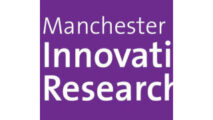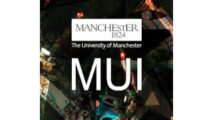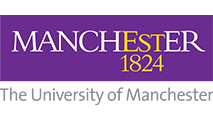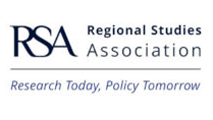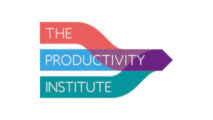Description:
The creation and accumulation of scientific and technical knowledge are processes at the heart of technological change and economic growth. A significant literature has contributed to aggregate measures of knowledge production, but the underlying processes that explain how advanced knowledge is generated in the first place, and subsequently translated into novel products and processes of economic value, remains largely unexplored. The “Science-Technology Space” Special Sessions aim to bring together contributions with the objective to establish the link between scientific knowledge production and technological progress. Of particular interest are knowledge recombination, diversification and specialisation activities at the intersection of science and technology domains, as well as sci-tech evolutionary trajectories in socio-spatial contexts with particular focus on the regional level, amongst others. The session organizers welcome theoretical as well as empirical contributions that speak to one or several of the following, as well as related, topics:
- methodologies and datasets that aim to establish the link between scientific advancements and technological progress via non-patent literature citations in patent documents, or alternatives
- application of the ‘knowledge space’ methodology in an evolutionary framework while considering both, the geo-centric (place-based) and socio-economic (path-based) dimensions of scientific-technological change
- determine and evaluate the co-evolutionary patterns of science-technology based on network, proximity, and complexity measures that go well beyond simple count and measures, including an attempt to identify regional/national branching and diversification opportunities and limitations in the Science-Technology Space
- developing a multi-dimensional framework (actors/entities/support programmes and policies) that take into consideration the science-technology nexus in an institutional and organization context
- evaluate how funding influences science and thus shapes the trajectories of local technologies
- establish a research framework that allows to map the complete process of “discovery”, i.e. panel tracking of an idea from funding to scientific publication, early trials, and ultimately an inventive outcome (this is of contemporary relevance given that vaccine development follows that path)
- qualitative assessment of the public and private entrepreneurial ecosystem geared towards supporting innovation activities through funding, tech-transfer and spin-off initiatives in particular domains or general
- science and technology policy evaluation and forecasting exercises and tools that aim to support policy makers, but also private and public entities, in identifying gaps and opportunities for technology evolution and scientific advancement at various spatial scales
